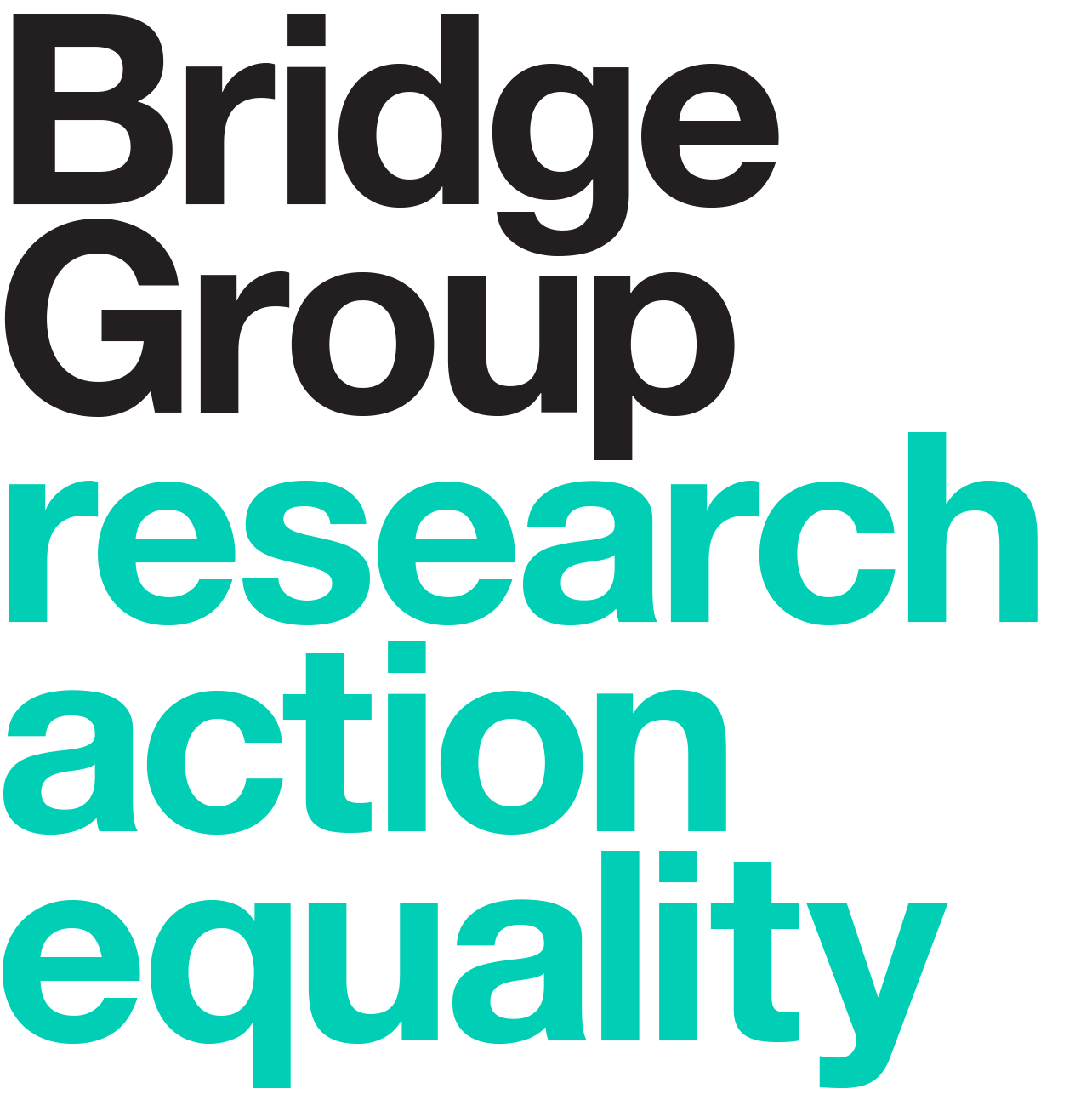Research outputs 2017
Diversity in grant awarding and recruitment at Wellcome
To investigate diversity at Wellcome, the Bridge Group adopted a mixed methods approach, including analysis of application data and interviews with internal and external stakeholders. Our report identifies effective practice at peer organisations, considers the way in which Wellcome currently approaches data capture and analysis, and provides a series of practicable recommendations, subsequently implemented by Wellcome. Our findings also have significant, wider implications for the scientific community.
You can read the summary report here. Wellcome outlines how our findings and recommendations have helped to shape their approaches here.
Introduction of the Solicitors Qualifying Examination: monitoring and maximising diversity
The Bridge Group undertook an independent study considering the Solicitors Regulation Authority’s (SRA) plans for the Solicitors Qualifying Examination (SQE), and the impact it could have on diversity in the profession. We conclude that the proposals are highly likely to increase the number and broaden the range of training providers, and to provoke new models of training, including online provision. However, we strongly recommend a range of measures to advance diversity under this new system. The SRA publicly welcomed the research’s thoughtful and constructive approach and used our recommendations to shape the introduction of the SQE.
You can read the summary report here.
University tuition fees: what is a fair deal for students?
The Bridge Group joined with HEPI to convene a seminar on university tuition fees. Nick Hillman, Director of HEPI, chaired a discussion with Professor Claire Callender, Paul Johnson, Baroness Wolf of Dulwich, and Lord David Willetts. The seminar covered a range of themes and gave particular attention to: the sharp fall in part-time undergraduate participation since the funding reforms of 2012 and the need to address this; providing a wider range of higher education options to support the labour market and student choice; and measuring students’ learning gain.
You can read a summary of our discussion and recommendations here.
Social mobility and university careers services
This report places attention on uneven graduate outcomes by social background. It situates the work of careers services at the heart of higher education activity to advance social equality. It offers new evidence, exposing the complex factors causing gaps in outcomes, and draws on practitioner expertise to identify practicable solutions, both for individual universities and the wider higher education sector. These range from embedding careers provision in the curriculum to reforming league tables to acknowledge institutional activity to promote social mobility.
You can read the report here.
